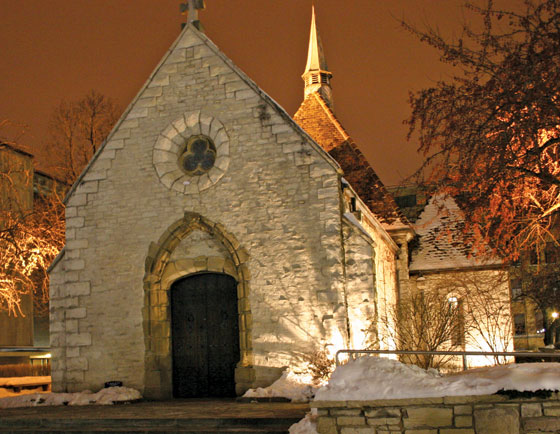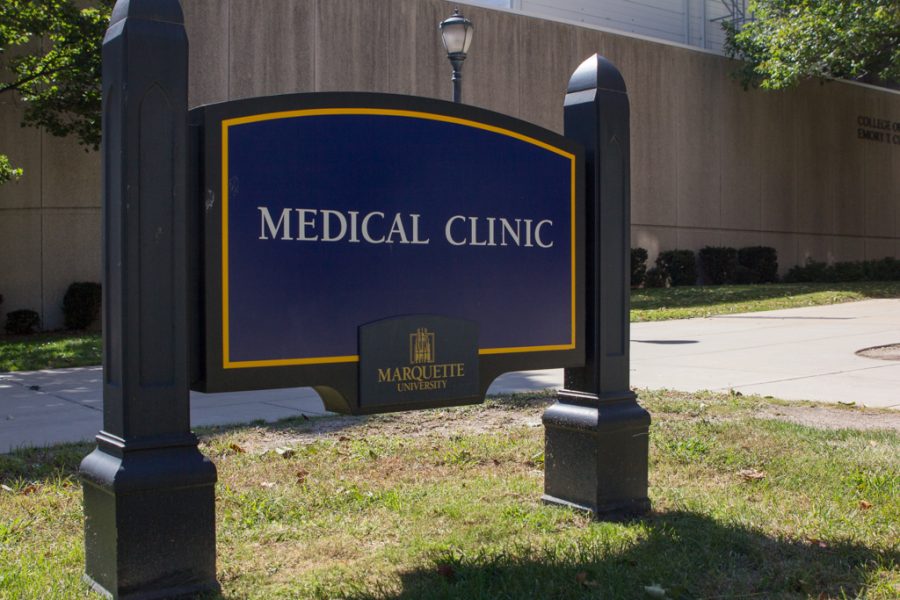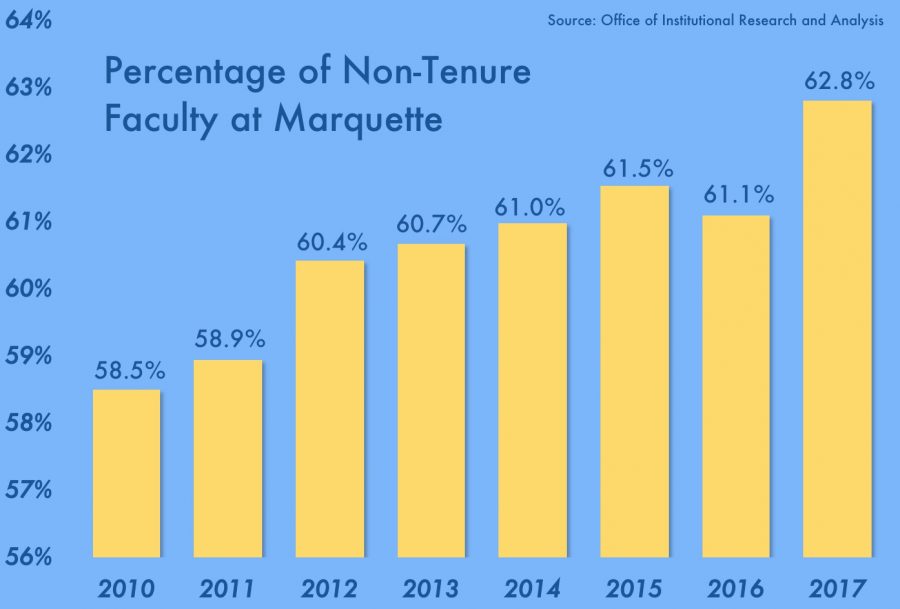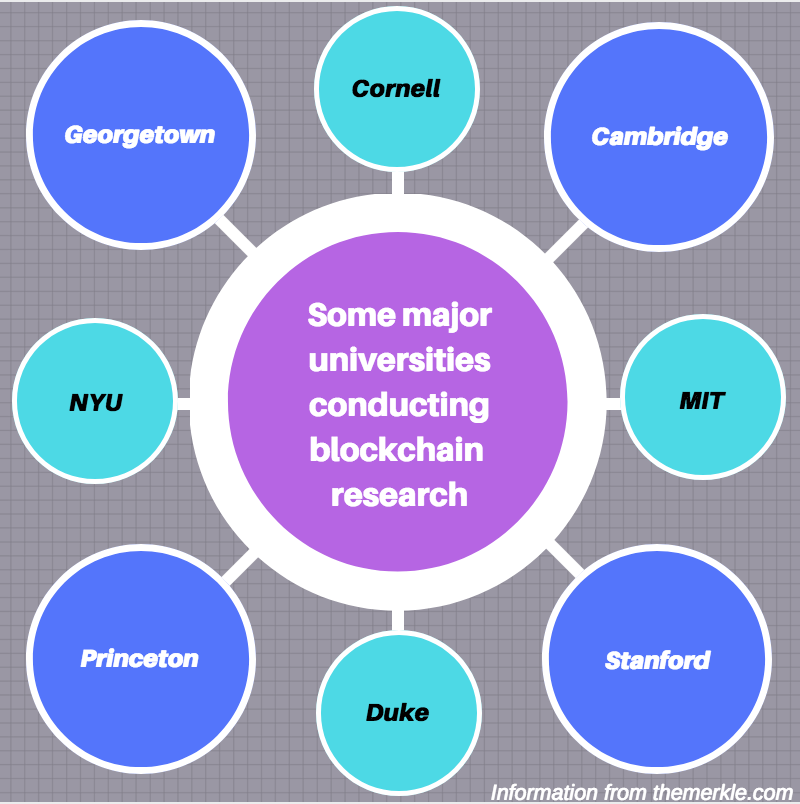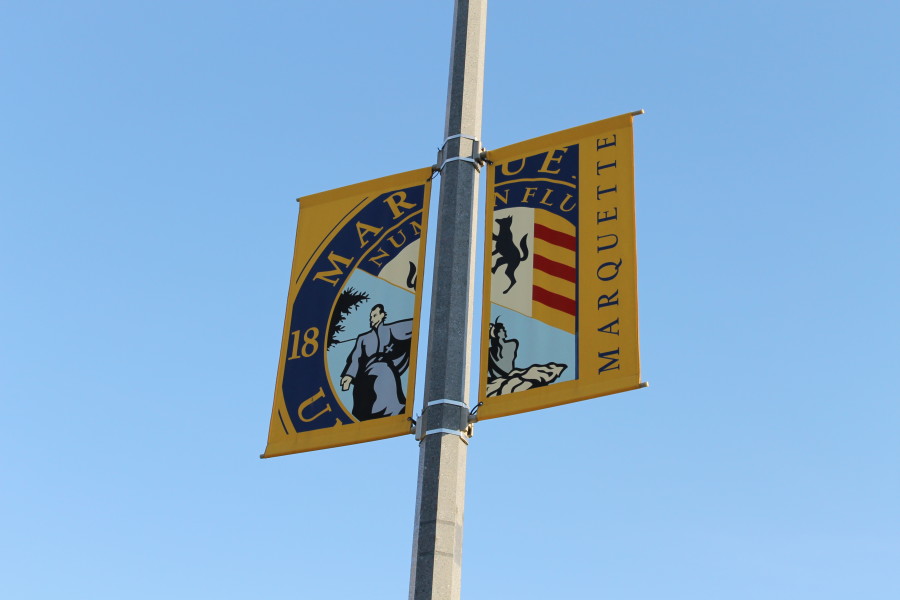Ahlam Ayesh, a senior in the College of Health Sciences and a practicing Muslim, always loved Marquette, but said she began to feel dissatisfied with the university upon discovering that it did not have a policy that would guarantee her an excused absence on non-Christian religious holidays.
In October, she was planning to celebrate Eid al-Fitr, the most important Islamic holiday marking the end of Ramadan, with her family and the rest of the Muslim community in Milwaukee. Although she gave her professor more than a week’s notice, she was told that she would have to miss prayer with the Muslim community because her professor would not let her skip, and later make-up, lab that day.
Frustrated by her situation, Ayesh went looking for a solution only to discover the university policy addressing the religious observances of non-Christian students does not mandate students be excused to celebrate their holy days. She also discovered that her incident was not an isolated one within Marquette’s Muslim community. Ayesh then set about trying to change the rules so that situations like this would not happen again.
“I made a goal for myself that I refused to graduate before there is something implemented, some sort of policy,” Ayesh said.
While the university does not have a policy to address classes missed due to religious observances, the university Campus Ministry sends out a letter to professors at the beginning of each semester encouraging them to work with students over these potential conflicts in accordance with the university’s interest in encouraging students to freely practice their faith.
Ayesh said she does not want the university to implement a policy that completely absolves students of all class responsibilities on religious holidays, but wants to make sure that students who properly inform their instructors of a scheduling conflict are given the opportunity to make up for an absence. This sort of policy would help to accommodate religions, such as Islam, that follow different calendars, and thus see their holiday dates shift every year.
“Because our Islamic holidays aren’t concrete, I think that it’s primarily the student’s responsibility to inform the professor a few days, a week, in advance,” Ayesh said. “If there is an assignment, lab (or)exam on that day it is the student’s responsibility to find a way to make that up. But at the same time, the professor should be obligated to agree to (that plan).”
A similar policy exists at Georgetown University. There, any student who may need to miss class for a religious observance “shall be excused and provided with the opportunity to make up, without unreasonable burden, any work that has been missed,” as long as the holiday falls under its pre-approved list of religious observances. Despite the presence of this written policy, Georgetown only recommends and does not require professors to excuse students from class..
Steve Blaha, assistant director of Campus Ministry, said a formal policy of some kind would be beneficial to the university.
“If we have a good environment, incoming students will see that and say, ‘Wow. Marquette’s a place worth considering,’” Blaha said. “We have a long tradition of Muslim students saying ‘Hey, the values of a Catholic Jesuit University, we share those. And it’s a great place to study.’ And Jewish Students as well. But (the number of students) could be higher.”
Blaha said he and other university administrators have been looking at policies at other universities in researching what a formal policy might look like at Marquette. He said universities with formal policies have not been shown to be necessarily more supportive of other religions or more lenient with excused absences, despite the fact that Marquette does not have an official policy. The implementation of a formal policy, Blaha said, would put the university ahead of the game.
Doing so may be advantageous for the university, which has seen a growth in the number of non-Christian students in recent years. In 2009, only 1 percent of the incoming freshman class was identified as a follower of a non-Christian religion, according to a report by the Office of Institutional Research Analysis. For the 2013 incoming freshman class, that number increased to 3 percent.
The Office of Marketing and Communication did not respond to requests for comment on this story.
In May, Ayesh will graduate with a degree in clinical lab science, meaning she likely will not see her goal fulfilled. She will be the third member of her family to graduate from Marquette after her older sister, a 2011 graduate, and her older brother, who will be graduating this May as a fifth year senior with a degree from the College of Engineering. She also has a younger sister enrolled as a sophomore and expects her younger brother to attend next fall.
“Growing up in Milwaukee, my parents loved Marquette,” Ayesh said. “Even though it is a Jesuit school it has the same faith principles as any Abrahamic faith.”

